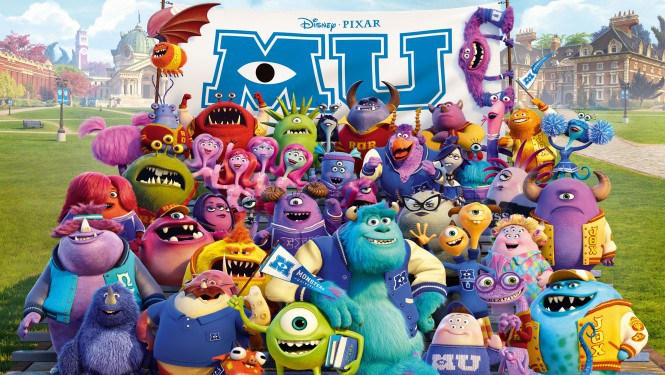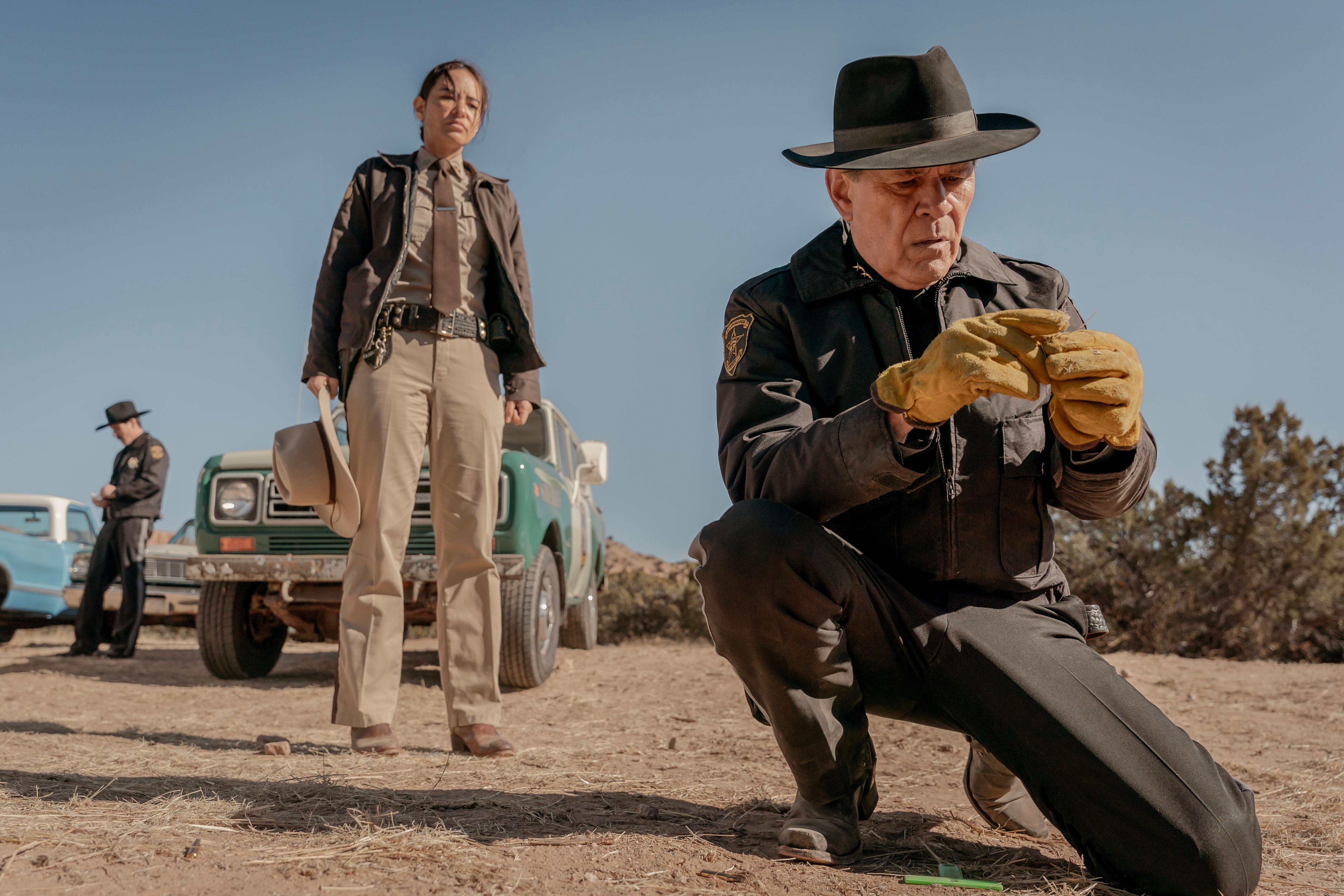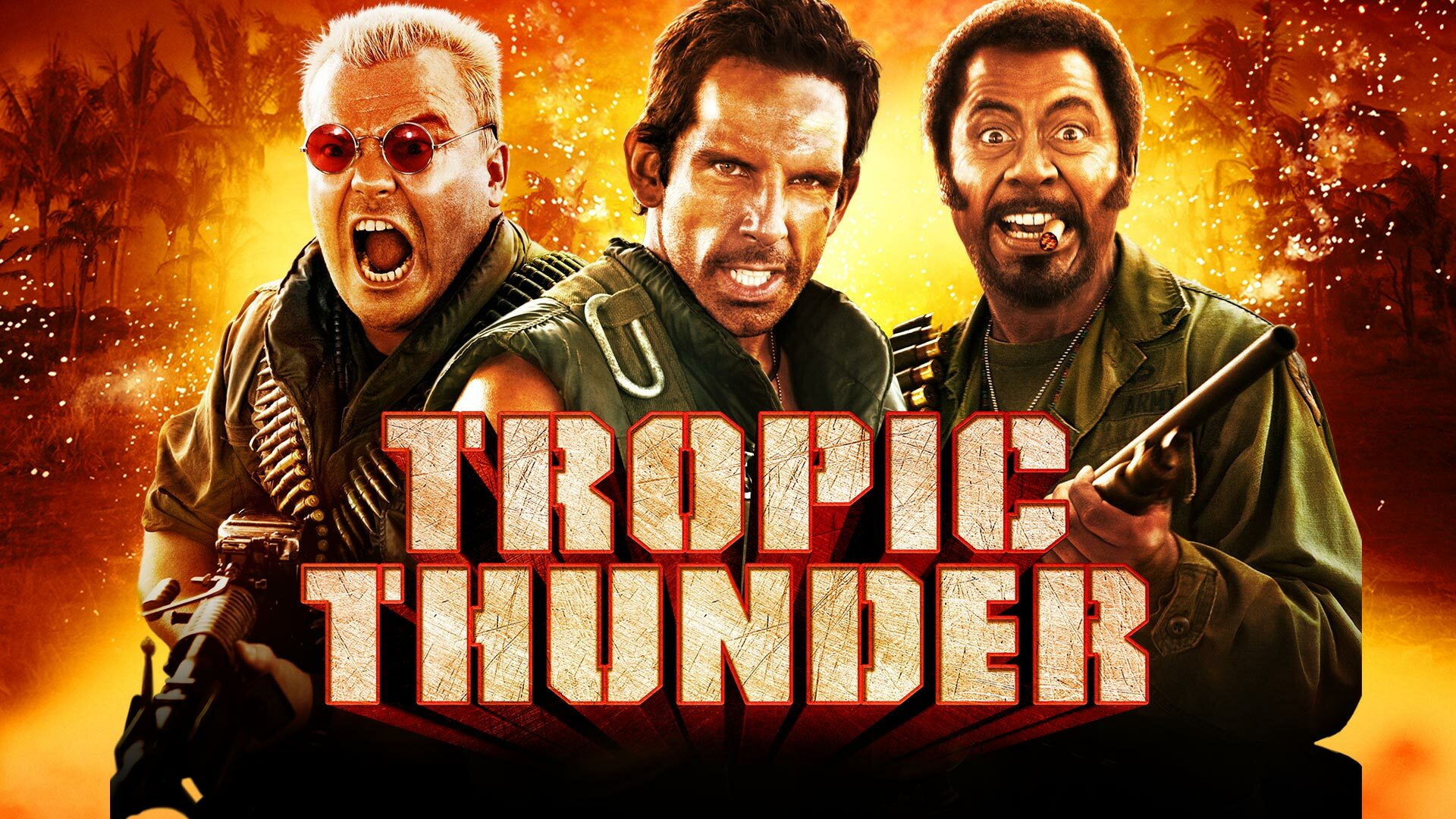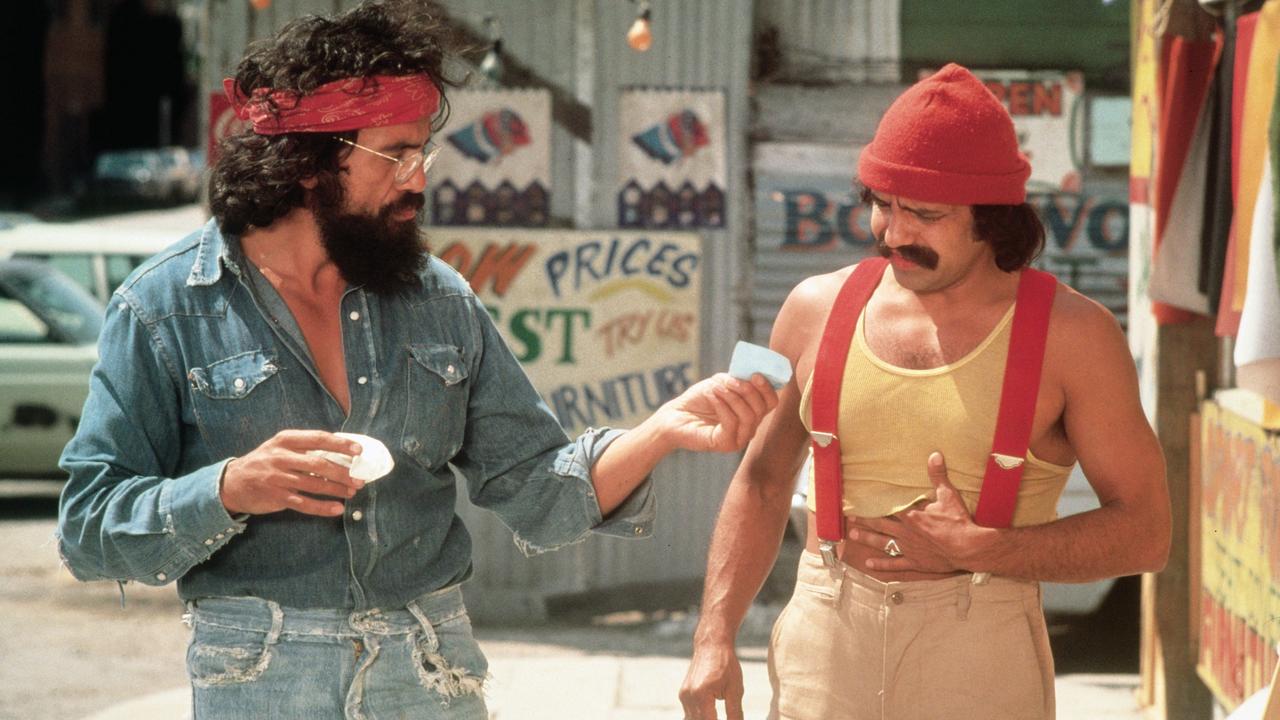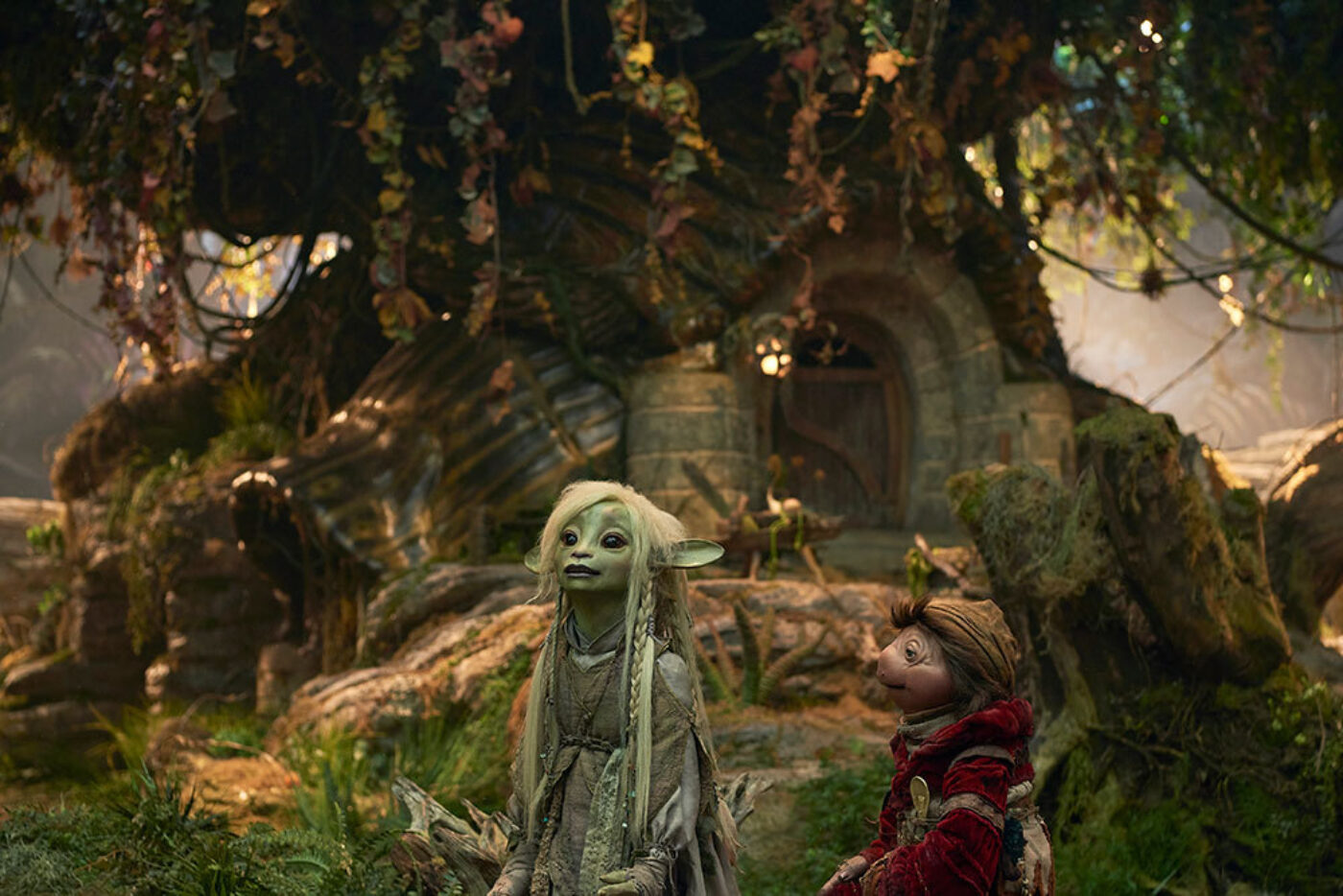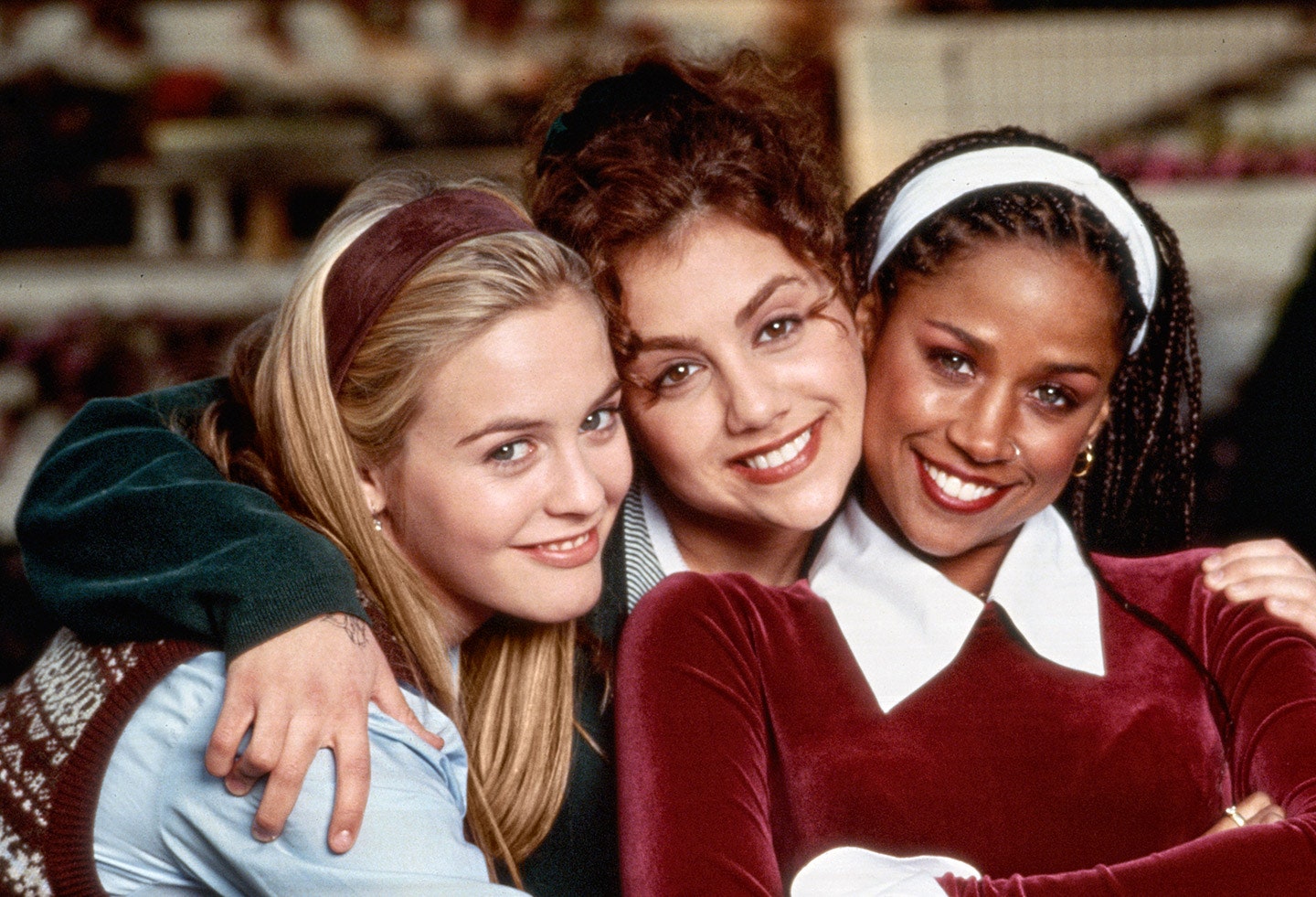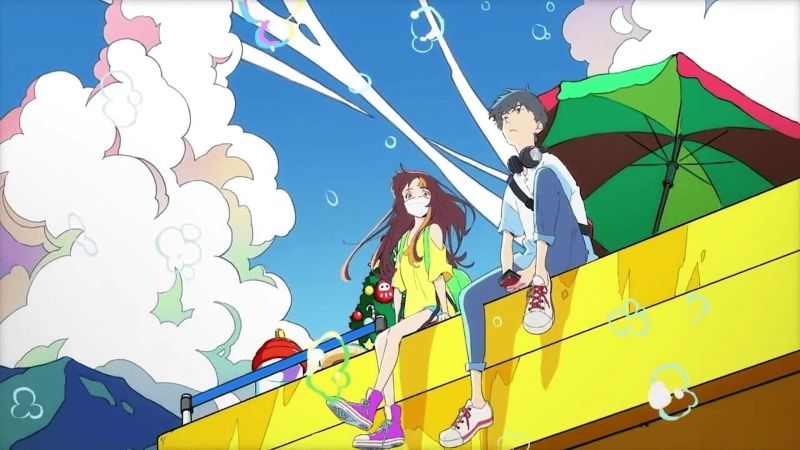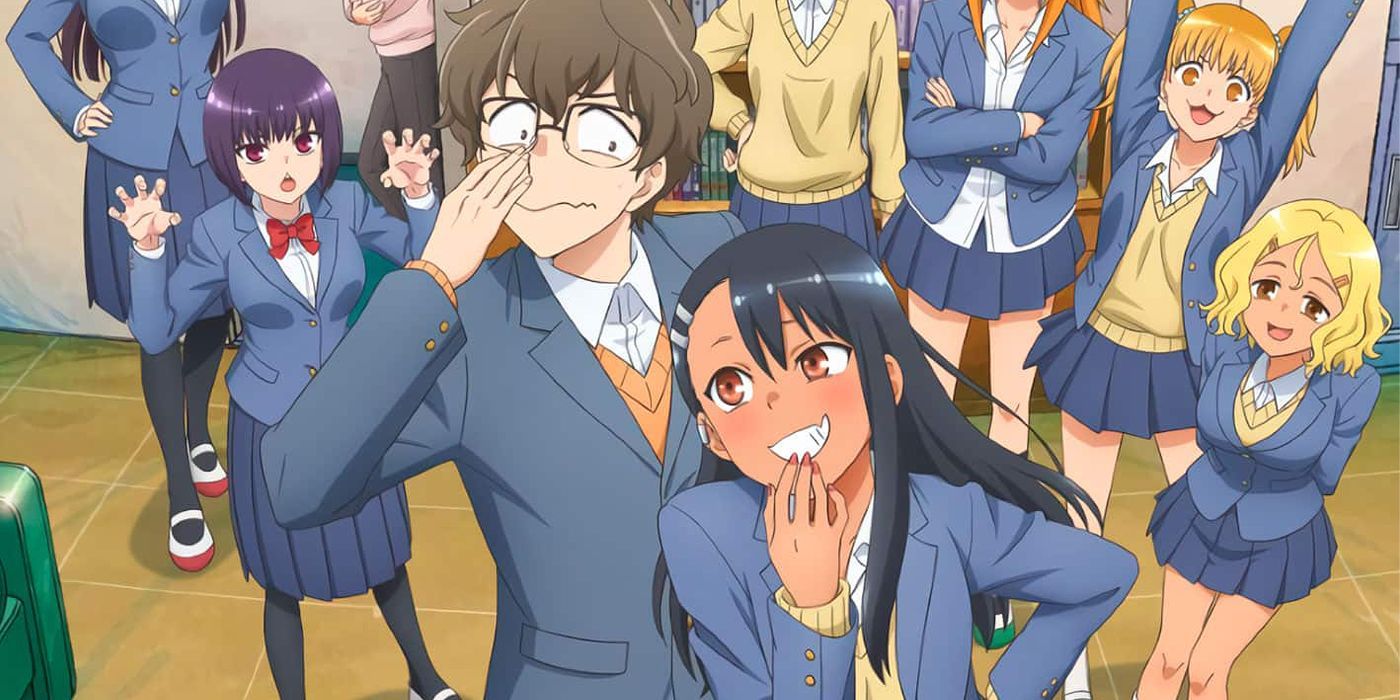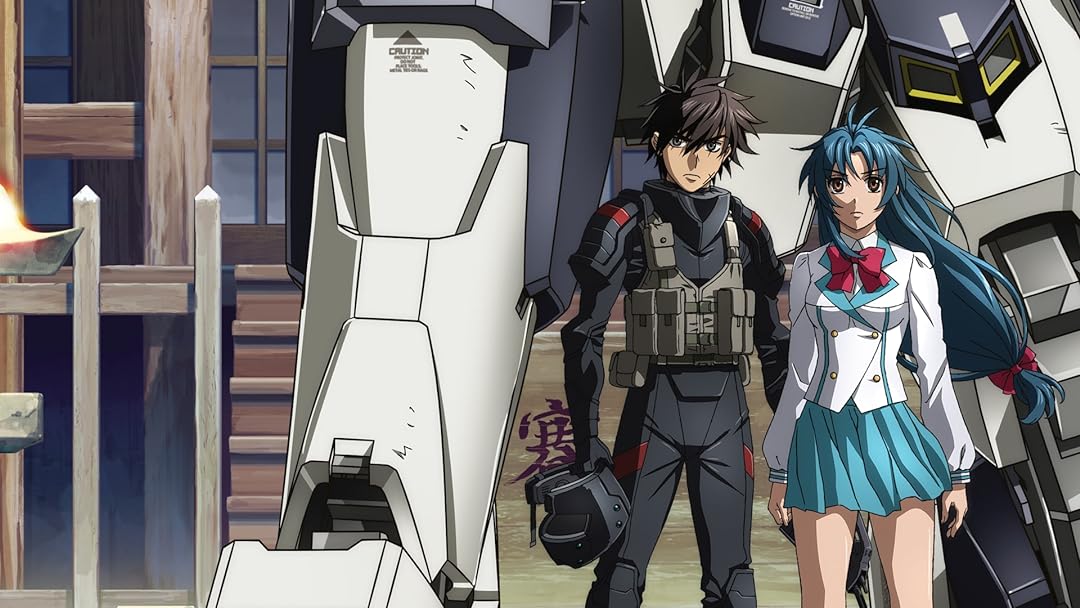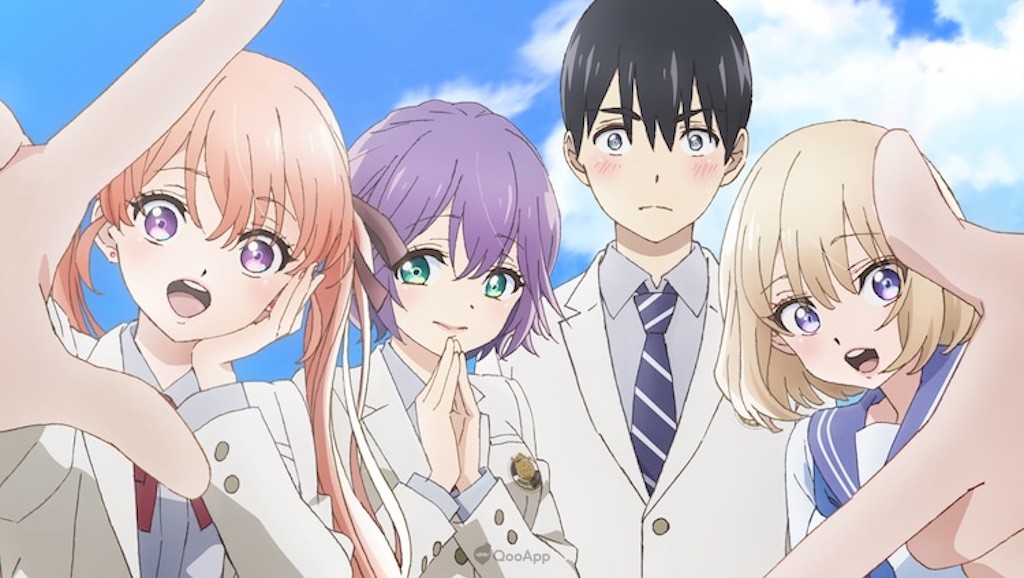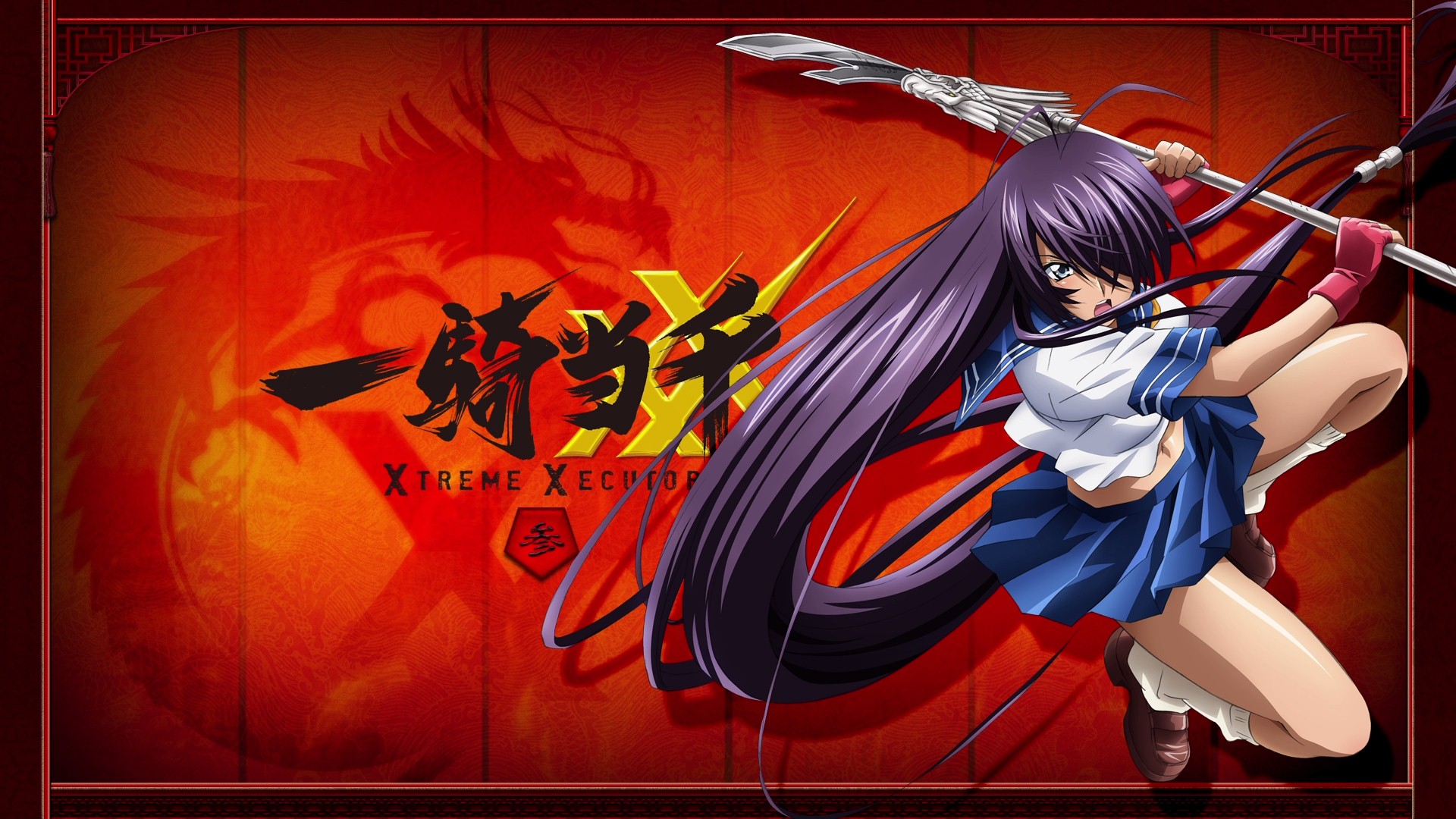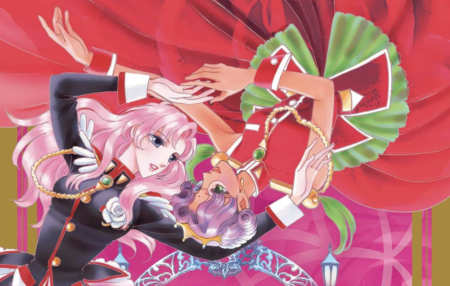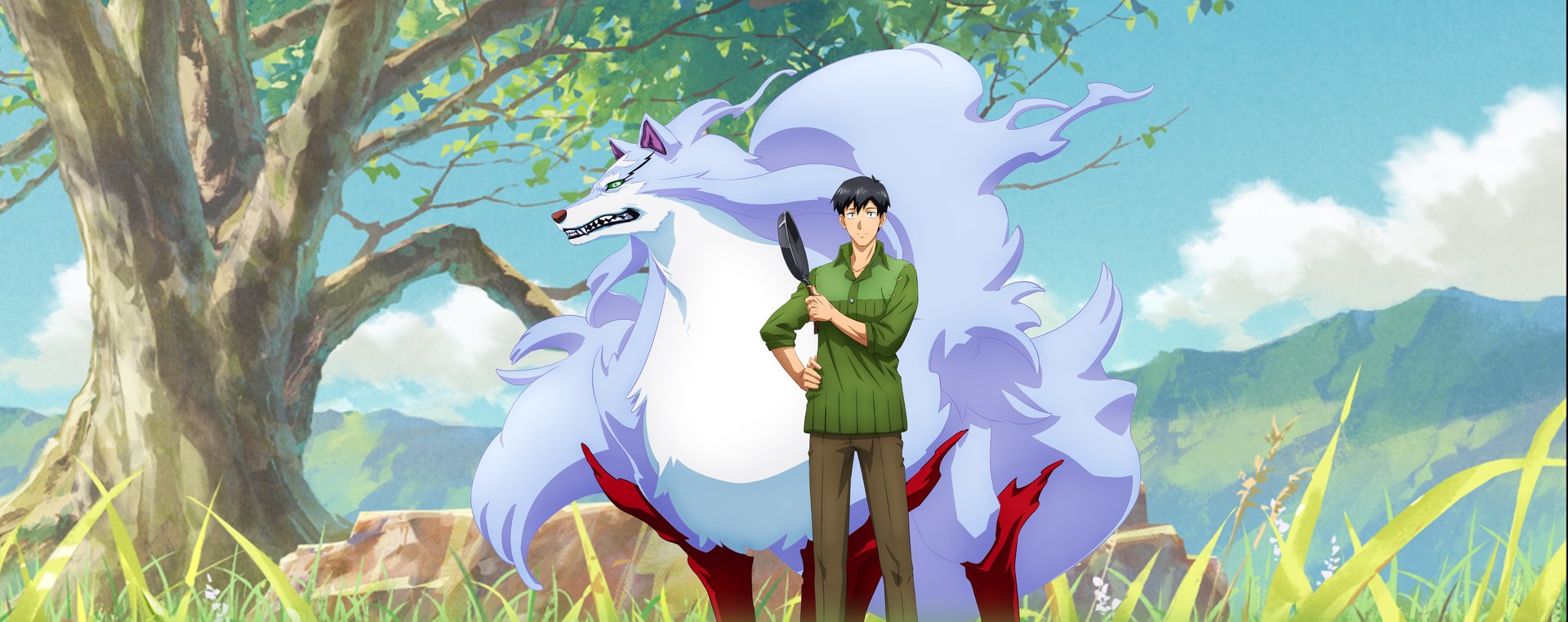The Legacy of Monsters University What We Learned About Teamwork and Ambition
The Legacy of Monsters University: What We Learned About Teamwork and Ambition The animated film...
Unraveling the Mystery A Deep Dive into Dark Winds
Unraveling the Mystery: A Deep Dive into Dark Winds In the vast landscape of modern...
The Cultural Impact of Emilia Pérez in Mexico and Beyond
Emilia Pérez is a name that resonates beyond the borders of her homeland, Mexico. With...
Just One Look The Power of First Impressions in Life and Love
In the world we live in, first impressions hold a unique and powerful significance. Whether...
Tropic Thunder and the Limits of Comedy What Can We Learn Today?
Tropic Thunder and the Limits of Comedy: What Can We Learn Today? Tropic Thunder, released...
Blazing Trails The Cultural Impact of Up in Smoke on Cannabis in Hollywood
Blazing Trails: The Cultural Impact of Up in Smoke on Cannabis in Hollywood The Rise...
The Dark Crystal Age of Resistance Expanding the Mythos of Thra
The world of Thra, with its intricate lore and rich tapestry of characters, was beautifully...
Dorothys Journey A Deeper Look at The Wizard of Ozs Themes
Dorothy’s Journey: A Deeper Look at The Wizard of Oz’s Themes Dorothy’s Journey: A Deeper...
Summer Walkers Evolution From Last Day of Summer to R&B Royalty
Summer Walker’s Evolution: From Last Day of Summer to R&B Royalty Summer Walker’s Evolution: From...
Nostalgia Unwrapped Why Ed, Edd n Eddy Still Holds Up Today
Nostalgia is a powerful emotion that takes us back to simpler times, often filled with...
Totally Buggin! Why Clueless Still Defines 90s Fashion
Totally Buggin! Why Clueless Still Defines 90s Fashion Totally Buggin! Why Clueless Still Defines 90s...
Emotional Scenes from Words Bubble Up Like Soda Pop That Left a Lasting Impact
Emotional Scenes from “Words Bubble Up Like Soda Pop” That Left a Lasting Impact The...
Why Dont Toy With Me, Miss Nagatoro Is More Than Just a Rom-Com
Why Don’t Toy With Me, Miss Nagatoro Is More Than Just a Rom-Com When it...
What Makes Dont Toy With Me, Miss Nagatoro So Addictive?
What Makes Don’t Toy With Me, Miss Nagatoro So Addictive? The anime and manga series...
Full Metal Panic! vs. Other Mecha Anime What Sets It Apart?
Full Metal Panic! vs. Other Mecha Anime: What Sets It Apart? “Full Metal Panic!” is...
The Art of Arranged Romances How A Couple of Cuckoos Reimagines the Trope
In recent years, arranged romances have taken on new dimensions in popular media, captivating audiences...
Ikki Tousens Strongest Warriors Ranking the Most Powerful Fighters
Ikki Tousen, a renowned manga and anime series, is celebrated for its action-packed narratives and...
The Magic System of Akashic Records Unique Spells and Forbidden Knowledge
The Magic System of Akashic Records: Unique Spells and Forbidden Knowledge The Magic System of...
Breaking the Rose Seal The Symbolism of Duelists in Revolutionary Girl Utena
Breaking the Rose Seal: The Symbolism of Duelists in Revolutionary Girl Utena Revolutionary Girl Utena...
Fenrirs Favorite Dishes A Deep Dive into the Tastes of a Mythical Beast
When we think of mythical beasts, images of majestic dragons or wise phoenixes may come...


